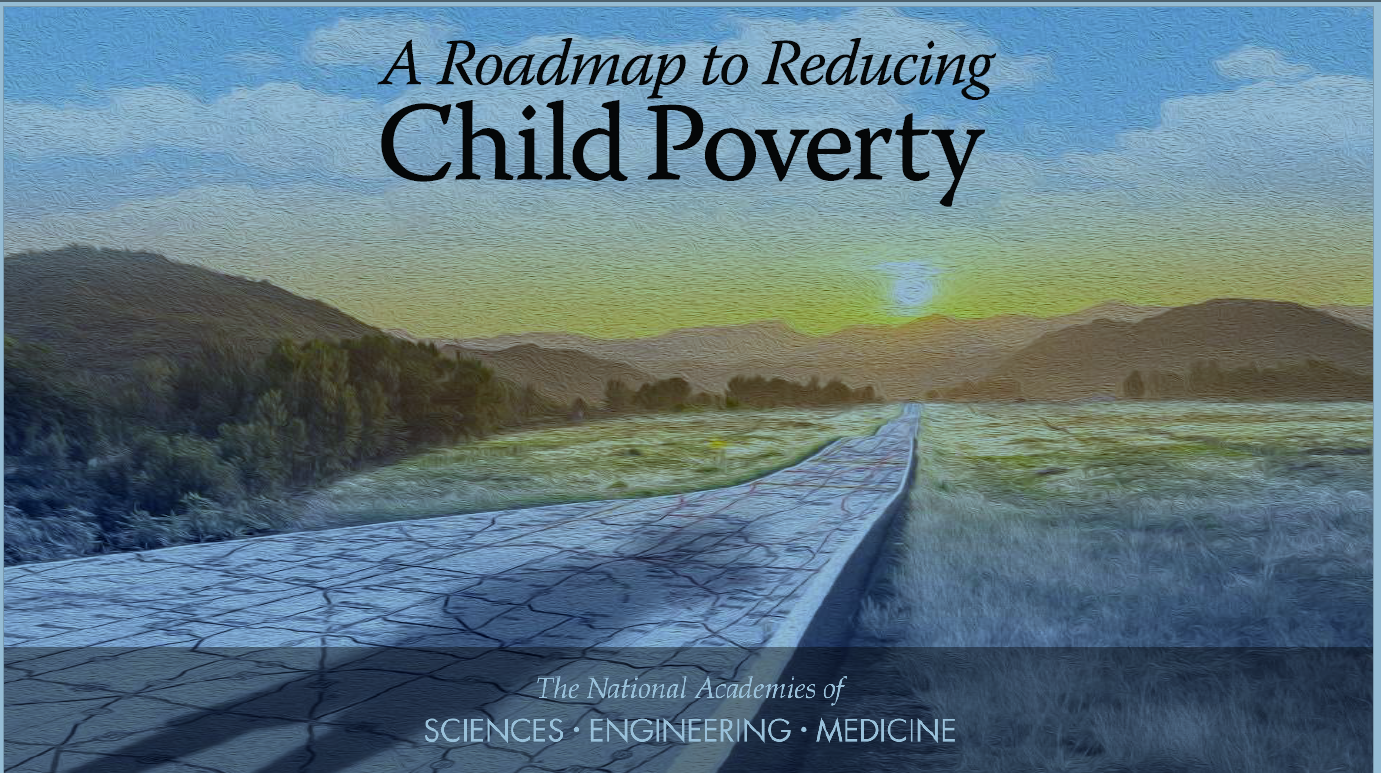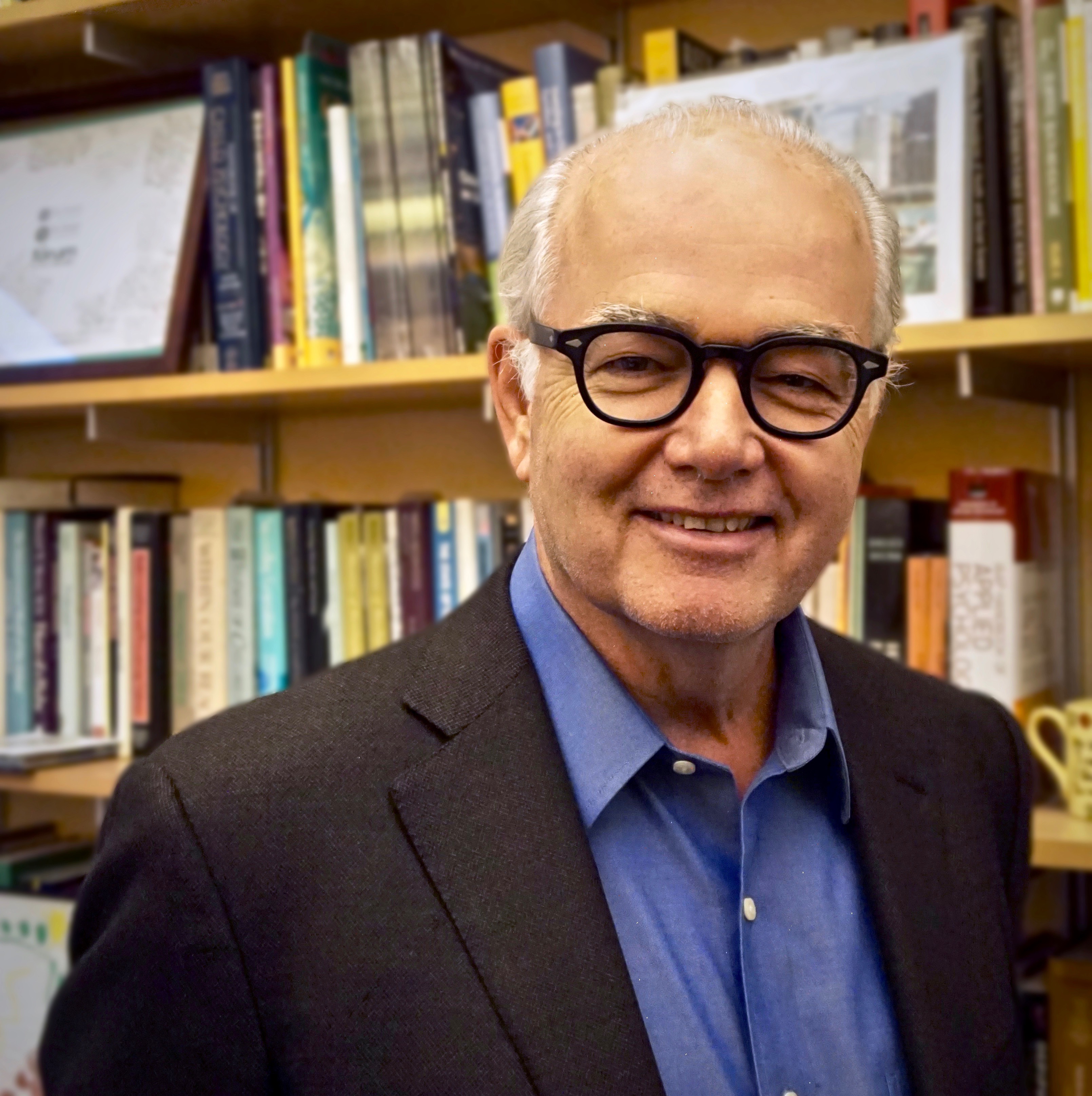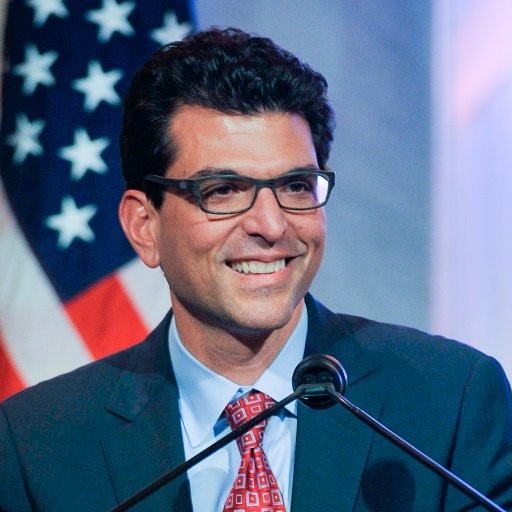
- This event has passed.
Translating Good Research Into Good Policy: William T. Grant Foundation

Adam Gamoran, President of the William T. Grant Foundation (WTGF), explained how WTGF works to improve the lives of young people by investing in research on reducing inequality in youth outcomes and improving the use of evidence from research to inform policies and practices that affect young people. WTGF’s focus on inequality is rooted in the acknowledgement that levels of inequality are exceptionally high, that high inequality causes economic and social harm, that social policies can combat inequality, and that research can help to identify the most effective policies, programs and practices. Gamoran explained that reducing inequality will require the disruption of the structural foundations that sustain inequality, including systemic racism and opportunity hoarding — as expressed through tax and labor market policies — and the absence of inclusive and supportive policies. He shared how investments in the 2019 National Academies report, Roadmap for Reducing Child Poverty, and the Bipartisan Policy Center are two examples of the Foundation’s commitment.
Lawrence Aber, a member of the National Academies report research committee and an internationally recognized expert in child development and social policy based at New York University, provided highlights from the report. Tasked with identifying recommendations for reducing the number of children living in poverty in the United States by half within 10 years, the research committee found evidence indicating that poverty causes negative child outcomes and that programs that alleviate poverty have been shown to improve child well-being. Aber pointed out the poverty-reducing impacts of a number of existing programs — EITC, Child Tax Credit, SNAP, etc. — before sharing the potential impact of 20 individual policies and programs and of four policy and program packages. With no single program or policy achieving the goal of a 50 percent reduction, he presented the estimated reduction in child poverty rates and annual cost of the four identified packages, noting that two of them would achieve the goal. Aber stressed that local funders and leaders are often more effective at influencing their Congressional leaders than are Washington-based lobbyists, and he encouraged webinar attendees to communicate their support for these family-focused national policies. Local funders can also devise, fund and implement policies that address the structural barriers that constrain take up of federal programs in their states and communities.
Jason Grumet, President of Bipartisan Policy Center, explained how his team is applying research in their advocacy efforts with national leaders, balancing a focus on the potential impact of a particular policy and the probability of its passage. He pointed out that the policy packages in the National Academies report and the broader working family agenda are examples of both strong impact and high probability. The pandemic and economic crisis create incredible urgency and narrow the political agenda toward the issues of jobs, employment and family sustainability. With the pandemic having revealed the frailty and inequity of our society while causing deep structural unemployment, Grumet stressed the importance of building momentum through some early bipartisan wins that benefit low-income families. He stressed that most members of Congress are “good people with bad incentives” who might choose not to do something that is in the natural interest because it might alienate their local constituents. He urged local funders and leaders to help change those incentives by communicating their support for a working family agenda.
Milton Little, President and CEO of United Way of Greater Atlanta (UWGA), offered his reflections on the presentations as he shared UWGA’s work to promote increased child well-being in the metro region. With 14 measures of child well-being, including child, family and community measures, UWGA’s Child Well-Being Index provides data at the ZIP code level, enabling local funders and partners to focus their efforts where they are needed most. Little agreed that research findings and policy solutions are important, adding that local funders can help to move the public will to turn research into actions that improve outcomes for children and families.
Shelley Waters Boots, Principal at SWB Strategic Solutions, LLC, highlighted the need to address barriers that prevent work-based strategies from reaching some populations, lifting up mental health issues and lack of access to quality child care as two examples. She pointed out that a great deal of federal support comes to states and communities in the form of block grants that provide local leaders with control to decide what supports are offered and who can access them. State and local funders can seek to influence those decisions and also address some of the place-based factors that affect intergenerational economic mobility. Research by Raj Chetty and Opportunity Insights suggests that reduced levels of residential segregation, increased social capital, high-quality primary schools and greater family stability can help to ensure that children achieve greater economic stability than their parents.
Panel







